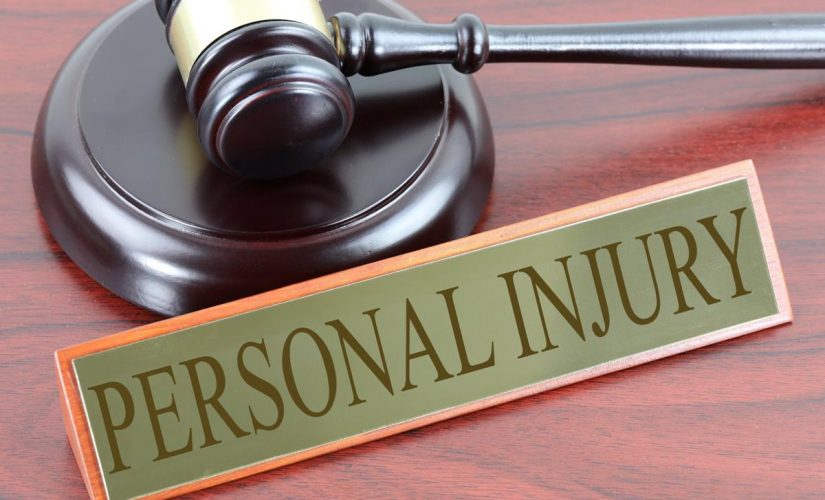Understanding the Impact of Head Injury After a Car Accident
Car accidents are a leading cause of head injuries, which can range from mild concussions to severe traumatic brain injuries (TBIs). The aftermath of such injuries can be life-altering, affecting cognitive function, physical abilities, and emotional well-being. This article delves into the implications of head injuries post-car accidents, preventive measures, and the importance of immediate medical attention.
The Severity of Head Injuries After a Car Accident
Head injuries are a common consequence of car accidents, often resulting from the sudden and violent jolt that causes the brain to collide with the skull. The severity of these injuries can vary significantly, from minor concussions to severe TBIs. According to the Centers for Disease Control and Prevention (CDC), motor vehicle crashes were the second leading cause of TBI-related hospitalizations in 2014.
Types of Head Injuries
Head injuries can be broadly classified into two categories:
- Open Head Injuries: These occur when an object penetrates the skull and enters the brain. They are less common in car accidents but can be extremely severe.
- Closed Head Injuries: These are more common in car accidents and occur when the brain is injured as a result of a blow to the head or a sudden, violent motion.
Signs and Symptoms
Recognizing the signs of a head injury after a car accident is crucial. Symptoms can include confusion, dizziness, blurred vision, difficulty remembering new information, and changes in sleep patterns. More severe injuries may cause vomiting, seizures, inability to awaken, dilation of one or both pupils, and loss of coordination.
Importance of Immediate Medical Attention
Immediate medical attention is crucial after a car accident, even if the victim feels fine. Some head injuries may not show symptoms immediately but can still be life-threatening. Early diagnosis and treatment can significantly improve the prognosis.
Preventive Measures
While accidents are often unpredictable, certain preventive measures can reduce the risk of head injuries. These include always wearing a seatbelt, ensuring children are in the correct car seat for their age and size, and never driving under the influence of alcohol or drugs.
Conclusion
Head injuries after a car accident can have serious implications, affecting various aspects of a person’s life. Recognizing the signs and symptoms, seeking immediate medical attention, and taking preventive measures can significantly reduce the risk and impact of these injuries. As the saying goes, prevention is better than cure, and this is particularly true when it comes to head injuries in car accidents.







